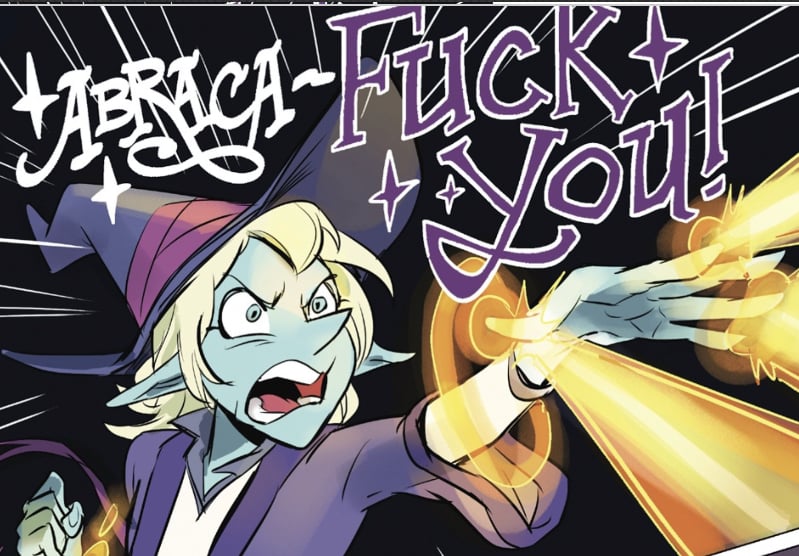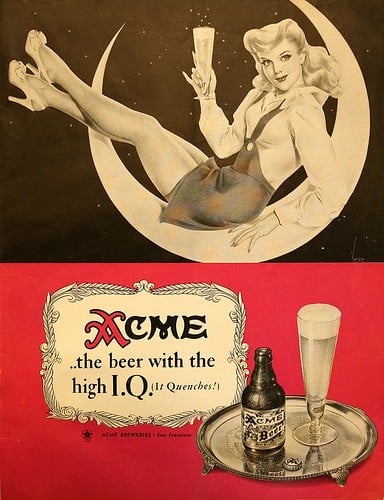What are cis and trans alternate types of? I don’t think it’s “gender identity” because wouldn’t that just be man, woman or nonbinary regardless of whether they’re cis or trans? Cis/trans just being a qualifier?
If the answer is “I am cis” or “I am trans”, what is the question?
Edit: Someone came up with the term “gender congruity” and (after looking up the definition of “congruity”) I think this describes what I’m talking about perfectly.
I think the confusion is coming from the fact that
cisandtransreally only have context of an expectation. In this case, it would be the expectation of society.You are correct that if you identify as a woman or a man, you are a woman or man. If you have a penis, or a vagina, or some mix or lack of those, then those are just parts of your body and that isn’t really up to interpretation.
In broad strokes, society expects your body parts (penis, vagina) to correspond to how you identify (man, woman). Humans are kind of just built this way. Our brains take a lot of shortcuts and categorize the world around us. It is statistically likely that if you have a penis, you identify as a man.
As we’ve evolved as a society, we have come to understand and recognize that these statistically likely correlations not always hold up (it’s just likely, not a guarantee, after all). So
cisandtransare descriptors of whether or not the correlation between your gender identity and your physical characteristics match (cis) or don’t match (trans) society’s expectations.Cis and trans are terms that came before their application to gender identity. I learned themin organic chemistry in reference to chemical isomers.
Wikipedia: The prefixes “cis” and “trans” are from Latin: “this side of” and “the other side of”, respectively.
As applied to gender, “this side of” you are the gender of the sex you were born as. “The other side of” means you have switched your gender to the other side of the sex from which you were born.
Edit: to answer your question more directly, your gender is cis or trans of the sex you were born as. The question you ask for is: “is your gender cis or trans of your sex?”
Cisgender means the person has a gender identity that matches the sex they were assigned at birth.
If you are a man and you were assigned male at birth, you are cis.
If you are a man and you were assigned female at birth, you are trans.
Non-binary can mean anything from not having a strong specifically male or female identity to closer to switching identities (bi-gender falls closer into this) to just having a lot of serious fluidity, but typically speaking at least part of the time the identity doesn’t match the assigned sex at birth.
Please note I’m typing this as a trans man. Being “cis” or “trans” stems from someone’s gender.
Basically, do you identify as your birth gender (not sex, gender and sex are different)? If the answer is yes, you are “cis”. If the answer is no, like I my case, I was born female, I identify as a male, then you are are trans.
I hope this answers your question.
Shouldn’t it be that you identify with your birth sex? If gender is a social construct you don’t have a gender at birth. When the doctor says “It’s a boy” they’re referring to the genitalia you have, not assigning you a social position.
You might not believe in the social construct at birth, but the social construct believes in you. Children are treated differently based on assigned gender from birth.
Now that I think about it, you’re right. If you’re a male, you get swaddled and handed to your mother, but if you’re female, you get swaddled and handed to your mother.
I’m sorry what? That is not a thing
You’re right. No one has ever swaddled a baby, certainly not often enough that we have a specific word for it. It stands to reason no one has ever handed a baby to their mother either.
I’m like 80% certain that you’re trolling and no one could be this thick, but just in case: I’m talking about the sex of the baby determining which parent the baby is handed to. That is what is not a thing.
And either way, your mother starts treating you differently based on apparent sex.
When does your mother start treating you differently based on sex?
Typically before you even leave the womb, these days.
So not at birth?
Depending on the country, really really early. e.g. - in India its illegal to disclose the sex of the fetus to the parents/family because of high female infanticide.
In-laws, the father, and many times even the mother will want a son to carry on the family name instead of a daughter who will be married off to some other family (with the cost of marriage and dowry). And it was quiet common for the fetus to be aborted if it was female. The situation has improved a bit today, but gerl children are still treated very poorly is many parts of the country.
Of course, girls here are treated a million times better than trans folk here. 90% of them (hijra community) are beggars on the streets/trains.
So not at birth then?
https://en.m.wikipedia.org/wiki/Literal_and_figurative_language
Since we’re just linking wikipedia articles that have nothing to do with the topic at hand.
Explain to me how being killed at birth depending on sex is not a valid response to your completely incorrect and ignorant statement that babies are treated the same irrespective of sex.
Explain to me how you saw a link covering literal and figurative language and still decided to ask such an ignorant question.
You can think of ‘cis’ and ‘trans’ as meaning roughly ‘this side’ and ‘other side’.
In a gender context the ‘sides’ are male and female and the items are physical gender and mental gender. If both genders are on the same side, both on ‘this side’, that’s ‘cis’. If they are different, one ‘this side’, one ‘other side’, that’s ‘trans’.
So, if the answer is “I am cis/trans” the question is “Is your mental gender the same as your physical gender?” “I am cis” then means “My mental gender is the same as my physical gender” and “I am trans” means “My mental gender is not the same as (or maybe ‘is opposite’) my physical gender”.
Note that ‘physical gender’ is not always clear. Some people are born with ambiguous genitalia and may be surgically altered to make their genitalia more closely resemble the commonly recognized pattern for ‘male’ or ‘female’, and some may be left as-is. In some cases this can be a reason for a trans gender identity.
You can think of ‘cis’ and ‘trans’ as meaning roughly ‘this side’ and ‘other side’.
Before “cisgender” became a widely publicized term, about the only time I ever heard the term “cis” was discussing Cisalpine versus Transalpine Gaul in ancient Rome. (Cisalpine Gaul being northern Italy and Transalpine Gaul southern France, more or less - the parts of Gaul that were on the same side or the opposite side of the Alps from Rome).
Chemistry. Cis-2-n-ene vs Trans-2-n-ene. First one is all carbons on the same side and the latter is carbons on opposite sides.
…Behaviors and lifestyle choices. They do not rise to the immutable characteristics that qualify for civil-rights protection.
And yes; I’ve seen the sleazy Wiki edit that attaches “perceived” to the definition of “immutable”. ‘I just have to believe…’ belongs in a child’s fairytale book.
Why do you care more about what the law requires you to do than you care about simply treating people decently? You can recognize a person’s rights even if the law doesn’t demand it.
And why do I get the feeling that you wouldn’t recognize the civil rights of those who you do view as having “immutable characteristics” if the law didn’t tell you that you had to?
The law is there because of people like you, to make you recognize peoples rights because you seem to be incapable of doing so otherwise.
Your entire argument reeks of you asking “What kind of shitty behavior can I get away with?”
Cis is the trans word for normal. They don’t like calling normal people normal because it reminds them of what they are.
Please read Rule 7 & do not repeat this language. Thank you.
Do you feel pride in being ‘normal’? It seems like a strangely boring thing to want to hold on to.
Dude! WTF!
What happened to you that makes you want to be intentionally insulting to strangers on the internet, unprovoked?
Why are you so angry?
Calmer than you are, bro.
Lol ok buddy.
You’re a sad person if you truly believe yourself to be “normal”. Go to another society or another culture and try and tell them that you’re normal and they’re not. You’re only normal to the environment you grew up in. Everywhere else you’re just a weirdo. And in your case, a bigoted asshole too.
Who hurt you?
The truth hurt you.
Wich true? Your dogma?
There is only one, objective, binding truth, and your attempt to deny it is in vain.
how do you know
“Normal” is a social construct that hardly anyone probably fits into. Most people have at least some major traits that diverge from the average.
The reason people dislike the use of “normal” is because it’s usually used with the connotation that being outside of whatever is being described/considered as “normal” is bad, and describing a group as “abnormal” is usually meant as an insult and used to dehumanise.
I’m not ashamed of being trans regardless of whether it’s “”“normal”" ^.^, and I don’t think being whatever our society deems “”“normal”“” is even desireable - though as I said before, most people are likely outside society’s definition of a “”“normal”“” personl in at least a couple categories.











